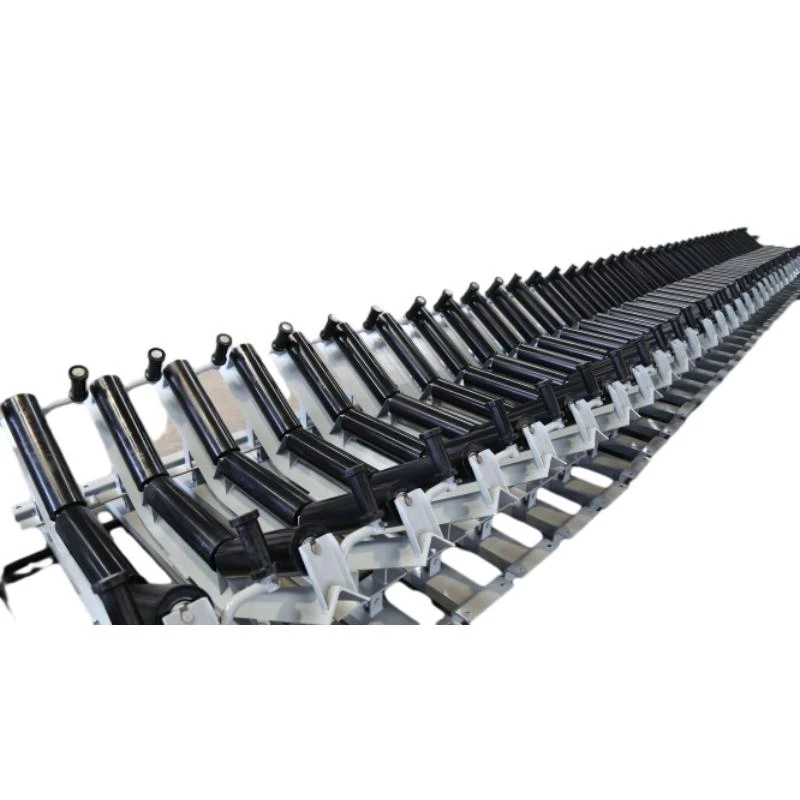 Afrikaans
Afrikaans  Albanian
Albanian  Amharic
Amharic  Arabic
Arabic  Armenian
Armenian  Azerbaijani
Azerbaijani  Basque
Basque  Belarusian
Belarusian  Bengali
Bengali  Bosnian
Bosnian  Bulgarian
Bulgarian  Catalan
Catalan  Cebuano
Cebuano  Corsican
Corsican  Croatian
Croatian  Czech
Czech  Danish
Danish  Dutch
Dutch  English
English  Esperanto
Esperanto  Estonian
Estonian  Finnish
Finnish  French
French  Frisian
Frisian  Galician
Galician  Georgian
Georgian  German
German  Greek
Greek  Gujarati
Gujarati  Haitian Creole
Haitian Creole  hausa
hausa  hawaiian
hawaiian  Hebrew
Hebrew  Hindi
Hindi  Miao
Miao  Hungarian
Hungarian  Icelandic
Icelandic  igbo
igbo  Indonesian
Indonesian  irish
irish  Italian
Italian  Japanese
Japanese  Javanese
Javanese  Kannada
Kannada  kazakh
kazakh  Khmer
Khmer  Rwandese
Rwandese  Korean
Korean  Kurdish
Kurdish  Kyrgyz
Kyrgyz  Lao
Lao  Latin
Latin  Latvian
Latvian  Lithuanian
Lithuanian  Luxembourgish
Luxembourgish  Macedonian
Macedonian  Malgashi
Malgashi  Malay
Malay  Malayalam
Malayalam  Maltese
Maltese  Maori
Maori  Marathi
Marathi  Mongolian
Mongolian  Myanmar
Myanmar  Nepali
Nepali  Norwegian
Norwegian  Norwegian
Norwegian  Occitan
Occitan  Pashto
Pashto  Persian
Persian  Polish
Polish  Portuguese
Portuguese  Punjabi
Punjabi  Romanian
Romanian  Russian
Russian  Samoan
Samoan  Scottish Gaelic
Scottish Gaelic  Serbian
Serbian  Sesotho
Sesotho  Shona
Shona  Sindhi
Sindhi  Sinhala
Sinhala  Slovak
Slovak  Slovenian
Slovenian  Somali
Somali  Spanish
Spanish  Sundanese
Sundanese  Swahili
Swahili  Swedish
Swedish  Tagalog
Tagalog  Tajik
Tajik  Tamil
Tamil  Tatar
Tatar  Telugu
Telugu  Thai
Thai  Turkish
Turkish  Turkmen
Turkmen  Ukrainian
Ukrainian  Urdu
Urdu  Uighur
Uighur  Uzbek
Uzbek  Vietnamese
Vietnamese  Welsh
Welsh  Bantu
Bantu  Yiddish
Yiddish  Yoruba
Yoruba  Zulu
Zulu Benefits and Applications of Rubber Impact Rollers in Various Industries
The Impact of Rubber Impact Rollers in Modern Manufacturing
In the fast-evolving landscape of modern manufacturing, the significance of efficient machinery cannot be overstated. Among various components that enhance operational effectiveness, rubber impact rollers have gained notable attention for their impressive utility and versatility. This article delves into the essential role rubber impact rollers play in the manufacturing industry, exploring their design, benefits, applications, and the future prospects of this innovative technology.
Understanding Rubber Impact Rollers
Rubber impact rollers are cylindrical components that utilize rubber in their construction to cushion and absorb shocks. Designed to minimize the impact of materials being transported, these rollers are widely used in conveyor systems across various sectors, including mining, agriculture, and recycling. Their primary function is to support and transport bulk materials efficiently while reducing wear and tear on equipment, thereby ensuring smoother operations.
Design and Material Characteristics
The design of rubber impact rollers typically consists of a steel core surrounded by rubber sleeves. This combination allows for optimal durability and flexibility. The rubber material is specifically chosen for its shock-absorbing properties, which enhance the roller's performance under varying operational conditions. The surface of the rollers can be customized to provide better grip, reducing slippage while transporting materials.
Moreover, the rubber used in these rollers is often resistant to abrasion, weather conditions, and chemicals, making them suitable for both indoor and outdoor applications. Manufacturers can also engineer these rollers to meet specific load-bearing capacities and environmental requirements, further expanding their usability in different settings.
Benefits of Rubber Impact Rollers
Utilizing rubber impact rollers in any manufacturing process comes with a plethora of advantages. First and foremost, their shock-absorbing capabilities significantly reduce the risk of product damage during transport, which can lead to substantial cost savings. By decreasing wear on the conveyor system, rubber impact rollers also extend the lifespan of machinery, including belts and other components.
Another compelling benefit is the reduction of noise levels. Traditional metal rollers can create excessive noise as materials are transported, but rubber impact rollers dampen sound, creating a more pleasant working environment. Additionally, their lightweight nature makes installation and maintenance easier, further enhancing operational efficiency.
rubber impact roller

Applications in Various Industries
Rubber impact rollers are employed in numerous industries, demonstrating their versatility and effectiveness. In the mining sector, they are vital for transporting raw materials such as coal, minerals, and metals. The ability of rubber rollers to absorb shocks is particularly crucial in these environments, where heavy materials are handled daily.
In agriculture, rubber impact rollers are used in grain handling systems, aiding in the efficient movement of harvested crops. The agricultural sector benefits from the reduced risk of grain damage during transport, leading to better yield quality.
Recycling facilities also make extensive use of rubber impact rollers. They help in the safe movement of recyclable materials, ensuring that delicate items like glass and plastics are not compromised during the sorting and processing phases. This functionality contributes to higher recycling rates and a lower environmental impact.
Future Prospects
As industries continue to innovate and seek more efficient solutions, the future of rubber impact rollers looks promising. Advancements in material science and manufacturing processes are likely to produce even more durable and effective rollers. The integration of technology, such as sensors and automation, could lead to the development of smart roller systems that monitor performance and maintenance needs in real-time.
Moreover, as sustainability becomes a top priority for many companies, eco-friendly materials for rubber impact rollers may gain traction. Manufacturers that invest in sustainable practices will not only enhance their reputation but also contribute positively to the environment.
Conclusion
In conclusion, rubber impact rollers play an indispensable role in enhancing the efficiency and safety of manufacturing operations. Their design and material characteristics provide significant advantages, making them a vital component across various industries. As innovation continues to drive the manufacturing sector, rubber impact rollers are poised to evolve further, ensuring they remain a crucial part of the manufacturing landscape for years to come. The ongoing advancements and applications of this technology will undoubtedly lead to improved productivity and sustainability in the manufacturing process.
-
Revolutionizing Conveyor Reliability with Advanced Rubber Lagging PulleysNewsJul.22,2025
-
Powering Precision and Durability with Expert Manufacturers of Conveyor ComponentsNewsJul.22,2025
-
Optimizing Conveyor Systems with Advanced Conveyor AccessoriesNewsJul.22,2025
-
Maximize Conveyor Efficiency with Quality Conveyor Idler PulleysNewsJul.22,2025
-
Future-Proof Your Conveyor System with High-Performance Polyurethane RollerNewsJul.22,2025
-
Driving Efficiency Forward with Quality Idlers and RollersNewsJul.22,2025





























